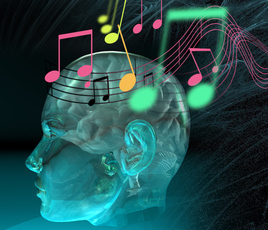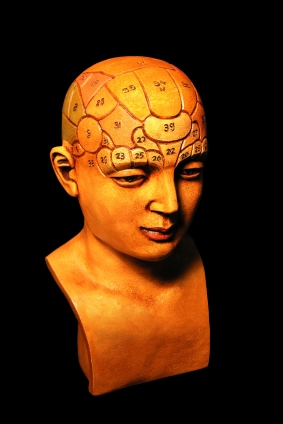Behaviour
How well do you know yourself? It’s a question many of us struggle with, as we try to figure out how close we are to who we actually want to be.
In a new report in Perspectives on Psychological Science, a journal of the Association for Psychological Science, psychologist Timothy D. Wilson from the University of Virginia describes theories behind self-knowledge (that is, how people form beliefs about themselves), cites challenges psychologists encounter while studying it, and offers ways we can get to know ourselves a little better. [continue reading…]

Created by Paul Wedig
Over the past decade, the influence of music on cognitive development, learning, and emotional well-being has emerged as a hot field of scientific study. To explore music’s potential relevance to emergency response, the Dept of Homeland Security’s Science & Technology Directorate (S&T) has begun a study into a form of neurotraining called “Brain Music” that uses music created in advance from listeners’ own brain waves to help them deal with common ailments like insomnia, fatigue, and headaches stemming from stressful environments. The concept of Brain Music is to use the frequency, amplitude, and duration of musical sounds to move the brain from an anxious state to a more relaxed state. [continue reading…]
A new study conducted at the Centre for Studies and Research in Cognitive Neuroscience of the University of Bologna, and published by Elsevier in the February 2009 issue of (http://www.elsevier.com/locate/cortex) shows that, in confabulating patients, memory accuracy improves when attentional resources are reduced. [continue reading…]

